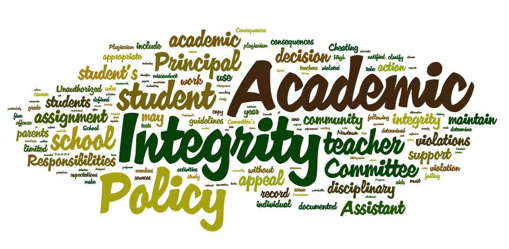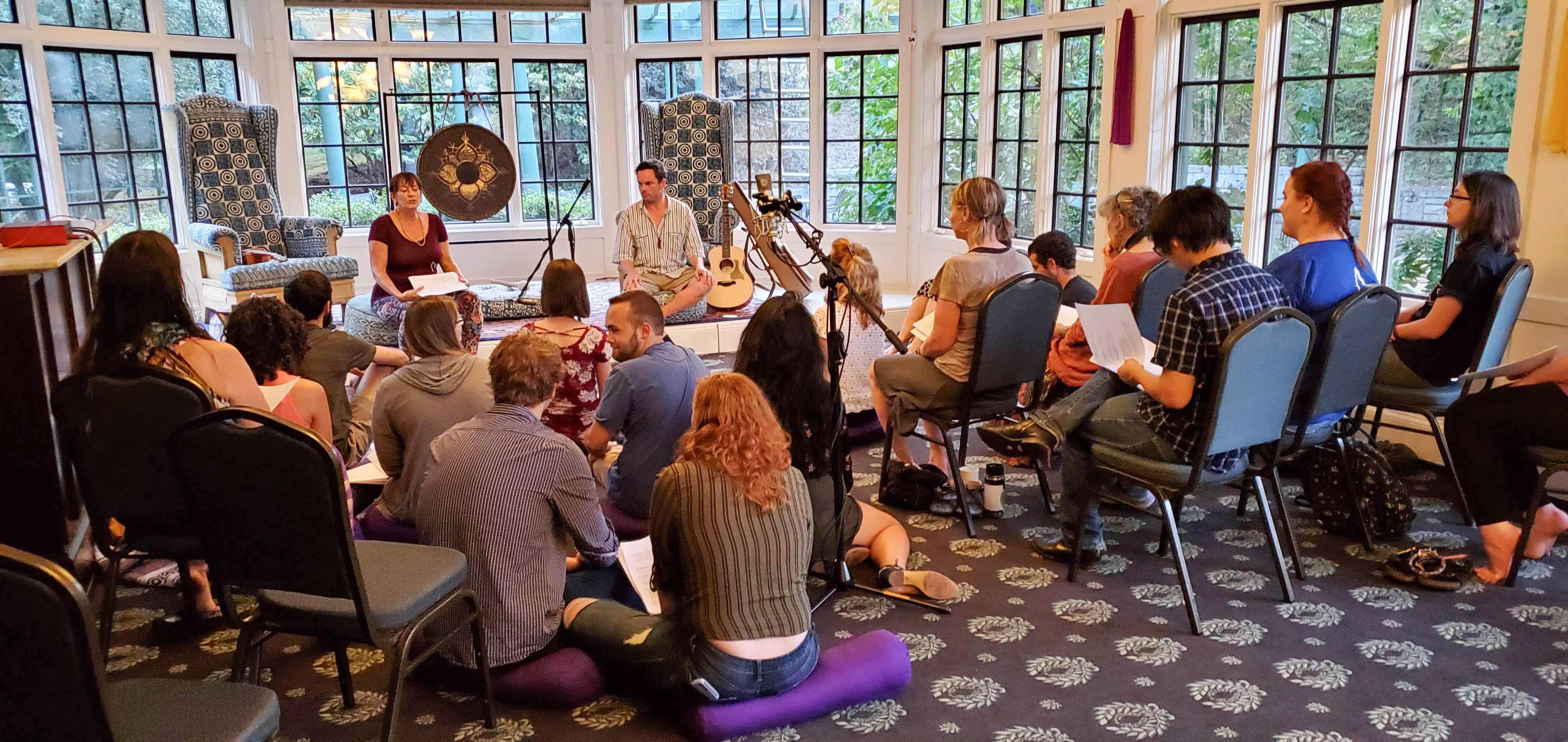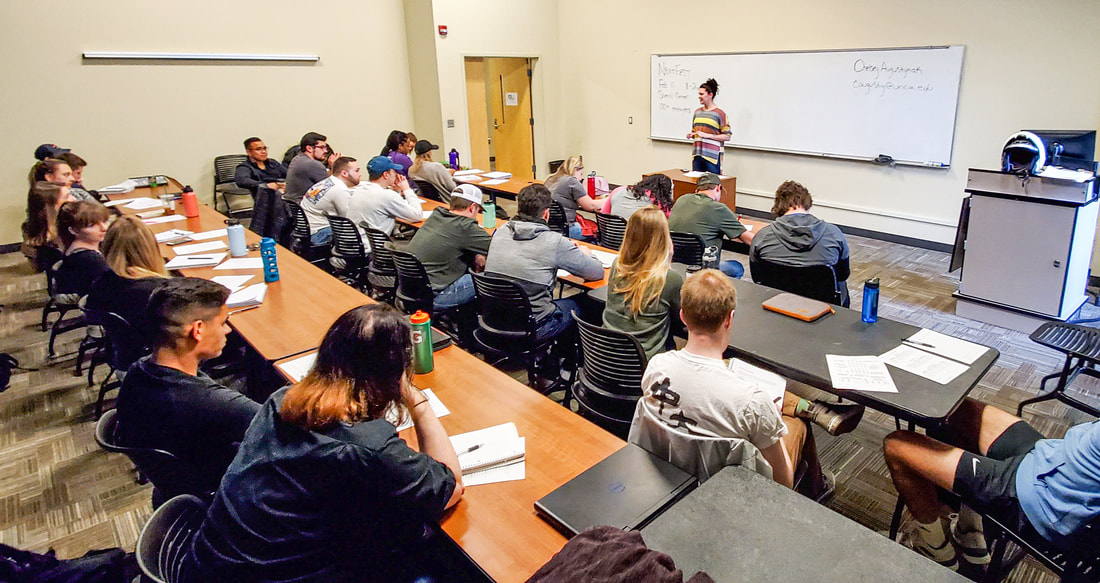"An astonishing 42 percent of students admit to purchasing custom papers or essays online, and 28 percent have paid someone to do their online work. Sadly, many of them thought it was ok to cheat" (Source https://www.pearsoned.com/deterring-cheating-online-course/).
The move to online education has forced many instructors to face the problem cheating by students in online courses. I've dealt with this since 2014, when I first taught courses online. Without help from the IT department in for form of academic integrity insurance programs, managing student integrity is severely challenging.
Plagiarism checking applications help. I use them when available, such as SafeAssign in Blackboard, which some of my schools provide through their Learning Management System (LMS). I let the students see the percentage of content matched by SafeAssign (also, TurnItIn, provided in some other systems), and I let them resubmit their paper. Students who discover a high percentage of matches often rewrite their papers without the plagiarized content and resubmit. The result is that after the first round of paper submissions, the students do original work at the outset of new papers.
Question pools help when they can deliver random sets of questions to each student. For example, in Blackboard, I can create a question pool of 50 questions for a 10-question text. Students each get a randomly selected set of 10 questions, in random order, and with the answer sequences (e.g., A, B, C, D) randomized. This helps discourage students from using a screen recording application so that they can share the exam with other students, as each student gets a different exam.
The best tools I've used are LockDown Browser with Respondus Monitor. The student cannot browse away from the exam, and the monitor application records the video and audio of the student's setting, actually halting the exam if the students full face exits the camera's view, for example. This however requires that students have the necessary equipment, and must be arranged before a course starts. Otherwise, some students will be disadvantaged. This is a highly intrusive tool set, but having used it the first time this semester, I have found that the students accept the situation. It really is no different than if they were taking the exam in a classroom with my proctoring from the front of the room.
The Pearson article helps provide perspective and is worth a quick read.
#highereducation #college #onlineteaching #teachers #onlinecourses #academicintegrity #cheating #plagiarism




 RSS Feed
RSS Feed